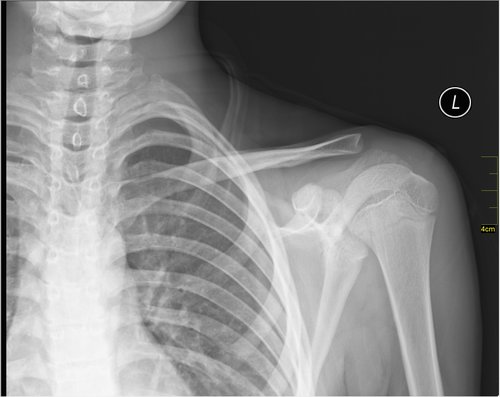My buddy looked into my eyes and told me about his lack of energy.
“I’m just out of it all the time. I’m tired. I don’t know what’s going on.”
He had been to his doctor a few times in the last few months. They had taken blood tests. Everything looked perfect.
In cases like this, doctors usually attribute everything to “anxiety”.
“It’s all in your head. You need to learn how to de-stress.”
“Take a vacation.”
But I’ve always found these explanations unsatisfying.
If someone genuinely feels like sh*t (or is tired) all the time, it seems like something real and medically valid might be going on.
I too had complained about my lack of energy to various doctors for years, only to be told it was “due to stress” each and every time.
Luckily, I kept pushing and found out that I had sleep apnea.
My energy today Is 2x greater than before. Night and day. Treatment made all the difference.
I’ve noticed the same thing with other people I’ve known over the years. Whenever I meet someone that has extreme anxiety or depression, I assume that something medical is going on. There’s something occurring under the hood that causing the body to react negatively or shut down (to rest and recover, I assume).
However, objective measures (like blood markers) are often treated as more “serious” than our overwhelming subjective experiences.
I’m sympathetic to that perspective. After all, I’m not a big believer in self report or explanations put forth during things like customer interviews. But this is a bit different.
Our scientific understanding of the system we’re trying to influence in this case (the human body) is quite weak, and there are *tons* of problems with the blood testing industry. Insurance companies hate paying for expensive tests and so support research showing how the cheap-o tests are just as good as better, more expensive ones. And the way that “normal” values are defined can be quite problematic.*
I don’t expect someone to know what is necessarily wrong with them, but I do trust their general appraisal of whether or not they feel good and whether or not something is just “off”.
Interestingly, in recent years more and more research has confirmed this view.
“Patients’ self-rated health is a better long-term predictor of illness and death than standard blood tests, blood pressure measurements or other symptomatic evidence a doctor might gather, according to a new study from Rice University.”
“…“A couple of years ago there was a boom of work in psychology and medicine about what we call patient-reported outcomes, the idea that what patients actually feel like and say they feel like seems to be more prognostic of morbidity and mortality than all the cholesterol ratings and blood tests we get from doctors’ offices,” Fagundes said. “That was an odd finding,” he said. “You would think that objective markers like blood pressure would be more accurate. The way people generally report how they feel is more often linked to a future disease or mortality than what the doctor accesses.”
And the New York Times just published a really interesting article on the same topic: “When Anxiety or Depression Masks a Medical Problem”.
As the author reports:
“Psychiatric Times, a medical publication seen by some 50,000 psychiatrists each month, recently published a “partial listing” of 47 medical illnesses, ranging from cardiac arrhythmias to pancreatic cancer, that may first present as anxiety. Added to that was another “partial listing” of 30 categories of medications that may cause anxiety, including antidepressants like selective serotonin reuptake inhibitors, or S.S.R.I.s.”
“In a report in the journal Psychotherapy and Psychodynamics, researchers from Italy and Buffalo, pointed out that a neurological disorder like multiple sclerosis or Parkinson’s disease may first show up as a psychiatric problem years before neurological symptoms become apparent that result in a correct diagnosis.”
This reinforces one of my main beliefs: biology is behavior.
You can’t build a race car on a busted chassis. You can’t build an ornate house on a broken foundation. You can’t build a remarkable life on a broken biology.
Which is why I think that taking care of the basics is so important for any behavior-change problem you’re facing: Sleep well (and enough). Eat well. Spend time with friends and loved ones. Those are my three pillars of biological functioning.**
*I’m not a doctor and this isn’t medical advice. Nothing in this article = medical advice.
But if you want to have your eyes opened on this, look at the history of thyroid blood testing.
**I’m not a doctor and this isn’t medical advice. Nothing in this article = medical advice.





